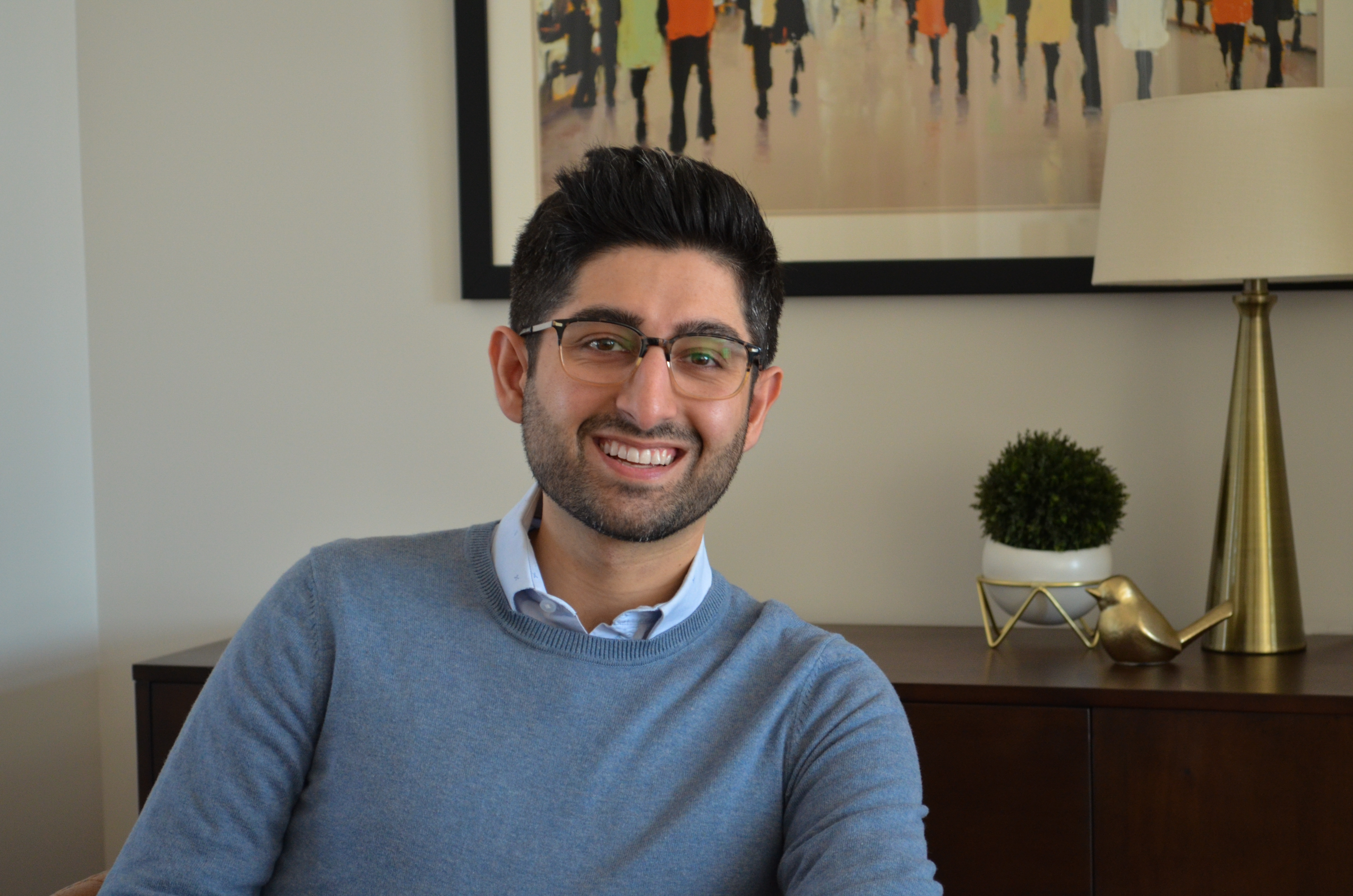The Primary Care in Late Life research program aims to improve the experience of people with serious and life-limiting illness by studying patterns of health care near the end of life and integrating palliative approaches in primary health care and family medicine. The research program works closely with the Department of Family Medicine and Division of Palliative Care. Undergraduate students from medicine and health sciences and graduate students from the health research methodology and public health are regularly involved, as well as family medicine and palliative care residents.
Continuity of Care Near the End of Life
This research is examining patterns of health care near the end of life to determine which aspects of continuity of care are important, how patterns of physician care contribute to continuity, and the care outcomes that precipitate from different aspects of continuity, to ultimately improve the dying experience of Canadians. This mixed-method study is using population-level health administrative data held at ICES, an art installation to engage the public in reflecting on study results, and a grounded theory qualitative study to learn what matters to patients and caregivers with respect to continuity of care.
Results to date show:
- While many types of specialists are involved in the care of patients in the last year of life, family physicians provide most of the care in outpatient settings
- Continuity of care is reduced in people with cancer and organ failure causes of death.
Integrating Health and Social Care in the Community
Programs that integrate health and social care holistically to address patients’ physical, mental and social needs can significantly improve patient experience and population health. Upstream, prevention-oriented care requires the ability to continuously mobilize personal and community capacity for self-care, social care and outreach to underserved groups. The full integration of health care with social care requires strong multi-level partnerships and stable governance. The sustainability and growth of successful programs in Canada is hampered by the lack of explicit policy and funding frameworks.
This research is part of a network of several universities partnered with community health and social care organizations to create the capacity for communities to identify gaps and needs, mobilize resources and monitor and improve the well-being of their populations.
The project will formulate policy recommendations intended to grow access to programs of holistic, prevention-oriented and virtually integrated health and social care among older and seriously ill patients and their caregivers.
Improving Advance Care Planning
Advance Care Planning (ACP) is a process of reflection and communication. It involves reflecting on your values and wishes, and letting people know what kind of health and personal care you would want in the future if you were unable to speak for yourself. We conducted research to identify the knowledge, opinions and engagement in ACP among patients and health care professionals in primary care in Canada.
Findings were:
- Low engagement in ACP among older adult patients and health care professionals in primary care
- ACP tools increase the engagement of patients, their substitute decision-makers and their health care providers.
Program Lead
Program Team
News & Updates

Developing a physician continuity of care index for end-of-life care
Primary Care Late Life, Research Project Update

Developing a theory of continuity of care relevant to the end-of-life
Primary Care Late Life, Research Project Update

Where people with cancer spend the final 100 days of their life
News, Primary Care Late Life, Research

Exploring continuity of care at the end of life
Primary Care Late Life, Research Project Update

Association between frailty status, multimorbidity and patient demographics, and changes in primary care since the COVID-19 pandemic
Primary Care Late Life, Research Project Update





